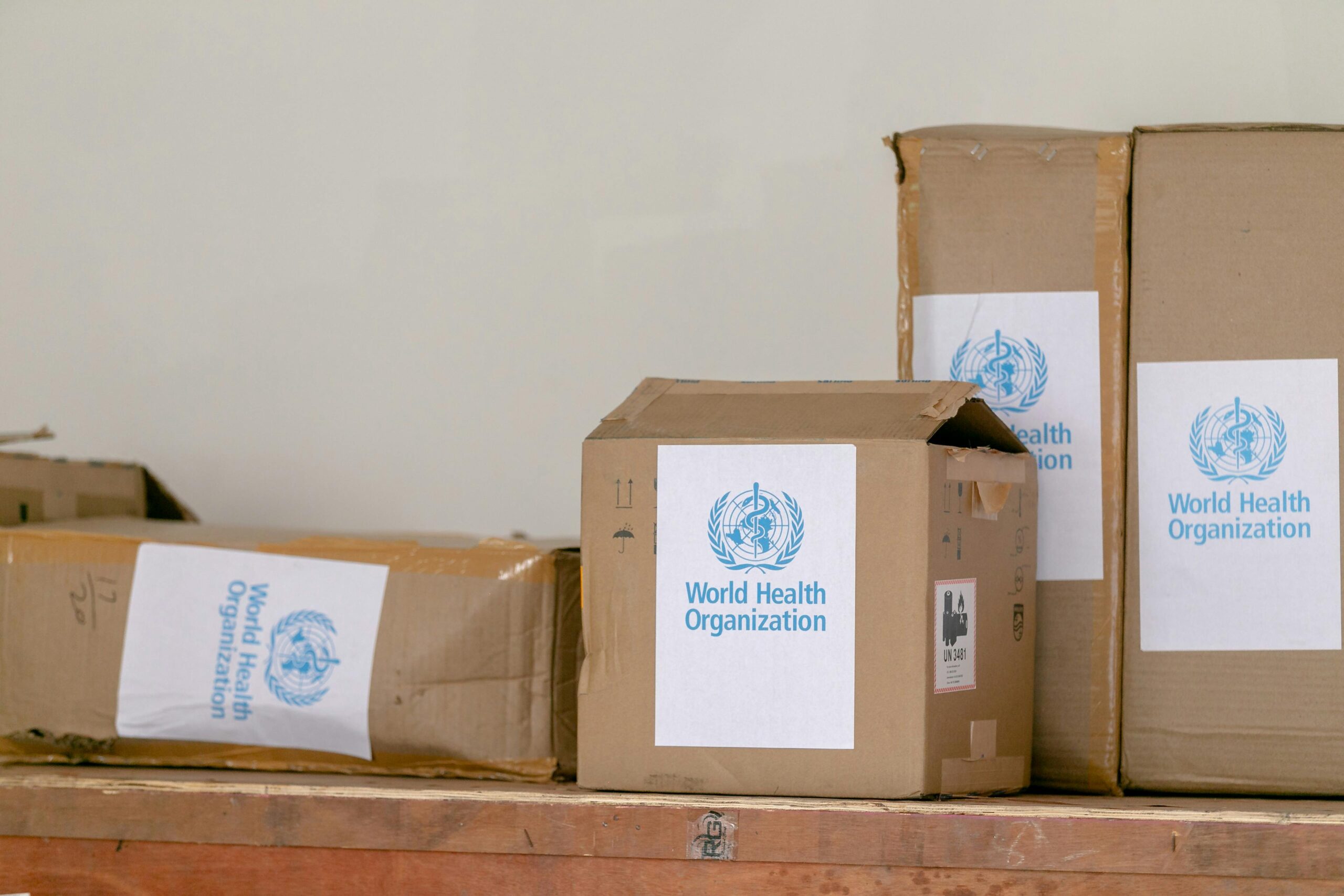Air pollution is an invisible killer that has been lurking in our cities and towns; an environmental and public health nemesis that claims millions of lives each year. With new data and research at hand, the World Health Organization (WHO) is sparking a global clarion call for tougher limits on air pollution.
The WHO’s New Air Quality Guidelines
For the first time since 2005, the WHO has updated its air quality guidelines, and they come not a moment too soon. These stringent recommendations are aimed directly at reducing the health impacts of air pollution, which continues to be a major health risk factor contributing to life-threatening diseases and premature death.
In a groundbreaking report, the WHO highlights the dire need for immediate action, pinpointing how lower air pollution levels can significantly enhance the longevity and quality of life for millions around the globe.
The long-awaited revision tightens recommended limits for key air pollutants from diesel emissions, including particulate matter (PM2.5 and PM10), nitrogen dioxide, ozone, sulphur dioxide, and carbon monoxide. These pollutants are closely associated with numerous health conditions such as heart disease, stroke, respiratory illnesses, and even cancer.
One cannot talk about vehicular emissions without addressing Dieselgate – the scandal that erupted in 2015 when Volkswagen was caught using software in diesel engines to cheat on emissions tests. Diesel vehicles, once promoted as a cleaner alternative to petrol cars, came under scrutiny as real-world testing showed they often emitted far more harmful nitrogen oxides (NOx) than allowed by law. Many sought restitution through diesel emission claims, seeking compensation for being misled about their car’s environmental impact and compliance with emission standards.
Understanding the Impact on Public Health
The revised air quality guidelines underline the alarming impact poor air quality has on our health. By adopting the new standards, we could prevent the countless and needless deaths caused by air pollution along with the harmful effects of diesel emissions on the environment.
Lowering the amount of PM2.5 particles, which can penetrate deeply into lung tissue, and reducing exposure to toxic gases will have a profound effect. This move has the potential to mitigate chronic diseases and improve the overall health of communities, particularly in urban areas where pollution often exceeds previous, less stringent guidelines.
Chronic exposure to polluted air has crippled the health of millions. However, by reducing the permissible levels of these pollutants, we can protect vulnerable populations, especially children, the elderly, and those with pre-existing health conditions.
The Toll on Urban Dwellers and Diesel Car Owners
City dwellers and diesel car owners stand at a critical juncture. Urban centres are notorious for their high levels of air pollution, and vehicles – particularly those running on diesel – are significant contributors to this pollution.
With these new guidelines, there is an impetus for cities to take stronger measures to cut down on pollution from transportation, and for car owners to be more conscious of the environmental and health impacts of their vehicles.
It’s a two-fold issue where both policymakers and individuals have a role to play. Improved public transportation, greener city planning, and an accelerated shift to electric vehicles can pave the path to cleaner air.
The Role of Environmental Advocates and Policymakers
Environmental advocates and policymakers must use the revised WHO guidelines as a lodestone to steer legislative and regulatory efforts. These guidelines provide an evidence-based foundation for stronger policies, improved air quality monitoring, and enforcement of stricter emissions standards.
Campaigns to raise awareness, hold manufacturers accountable for diesel claims, drive compliance, and push for innovation in pollution control technologies are paramount. Policymakers have the opportunity to craft ambitious, yet realistic targets to decrease pollution levels, which, in turn, will safeguard public health and save lives.
A Call for Global Action
The burden of air pollution does not rest on one region’s shoulders alone – it is a widespread issue that necessitates an extensive, coordinated response. Across continents and communities, the call for clean air echoes with increasing urgency.
The WHO’s updated guidelines are not merely a set of thresholds; they represent an international consensus on the necessity for a cleaner atmosphere. This collaborative spirit of global health protection has the power to spur coalitions between nations, businesses, and citizens to reclaim the air we all depend upon.
Global collaboration and accountability are critical in translating these guidelines into real-world results. International treaties, exchanges of technology and expertise, and support for developing nations are essential steps in a collective march towards cleaner air and healthier futures.
Join the Conversation
Whether you’re a concerned citizen, an environmental advocate, or a policymaker, the time to act is undeniably now. Armed with the WHO’s new guidelines, we all have a blueprint to challenge the status quo, safeguard health, and breathe life into a movement for cleaner, healthier air. Are you ready to join hands in the fight against air pollution? Visit https://www.emissions.co.uk today.
